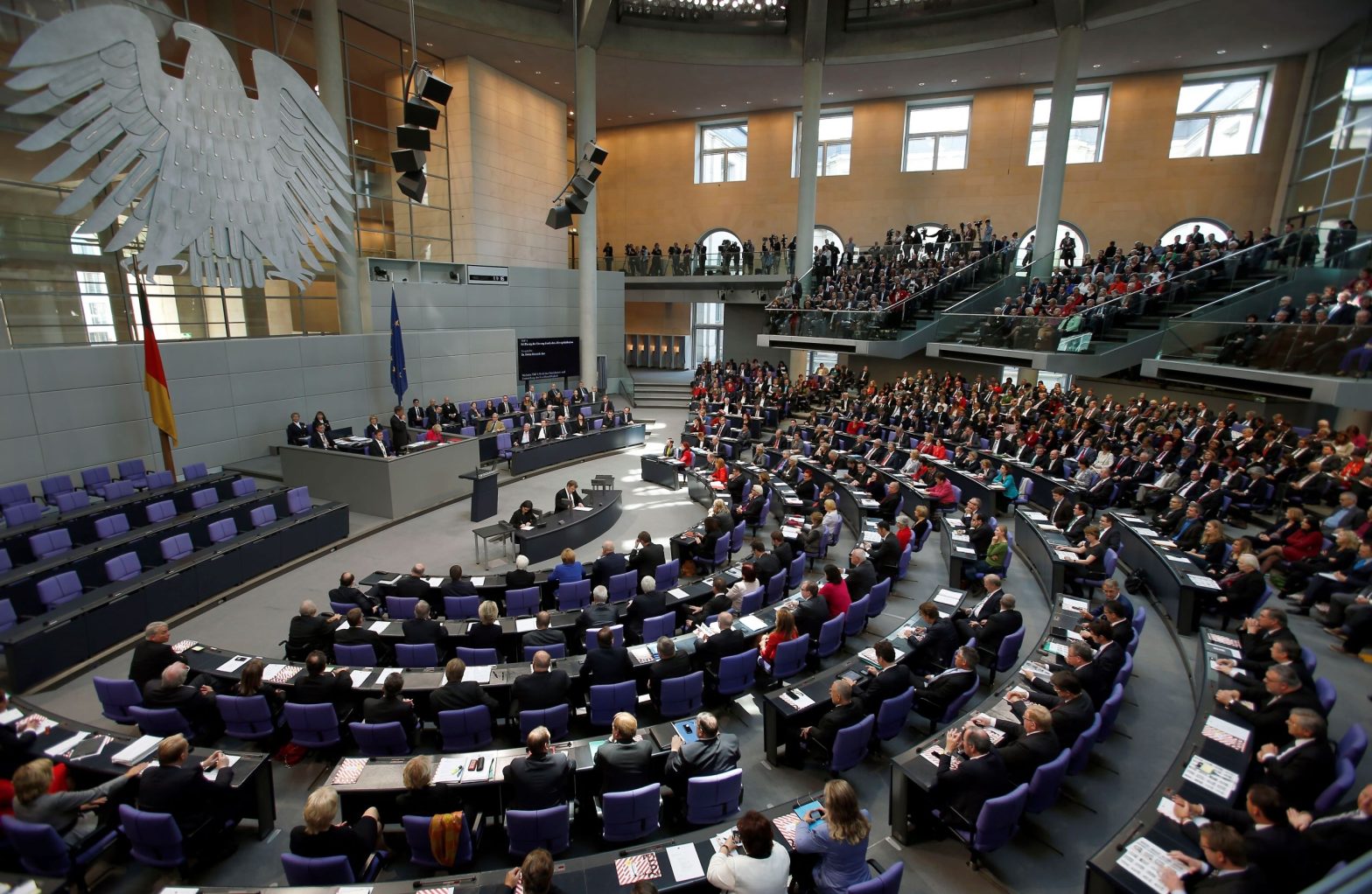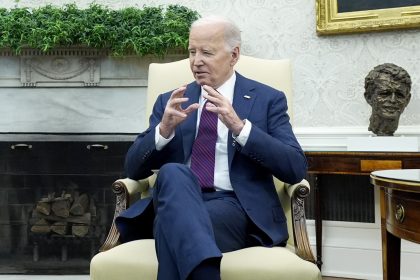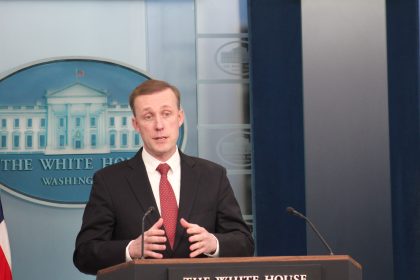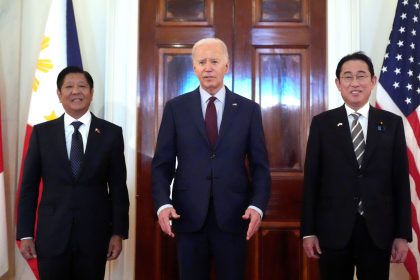Two Votes and Coalition Talks: How the German Election Works

BERLIN (AP) — German voters elect a new parliament on Sept. 26, a vote that will determine who succeeds Chancellor Angela Merkel after her 16 years in power.
While it should be clear within hours of the polls closing how the parties fared, it may take longer to find out who the next chancellor will be — and what the political complexion of his or her government will be. Here’s a look at how the process works.
WHO CAN VOTE, AND WHEN?
German citizens age 18 and above are entitled to vote and to be elected. About 60.4 million people in the nation of 83 million are eligible to vote, about 2.8 million of them for the first time.
Polls open from 8 a.m. to 6 p.m. (0600 GMT-1600 GMT) on Sunday. Postal votes are possible for several weeks before the election, and must arrive by the time polls close on election day. All the votes should be counted by Monday morning.
WHO DO GERMANS VOTE FOR?
Sunday’s vote will decide who sits in the lower house of parliament, or Bundestag, which will then elect the chancellor. The Bundestag is elected for a four-year term.
Every voter gets two votes: one for a directly elected candidate, the other for a party list.
Each of the country’s 299 constituencies directly elects a lawmaker by a simple majority. At least 299 further seats go to candidates elected on party lists. That vote is critical because it determines the percentage of seats each party wins.
If a party wins more seats via the direct vote than it would get under the party vote, it keeps the extra seats — but the system also adds seats for other parties to ensure the proportional vote is reflected accurately.
Because Germany’s traditional big parties have continued to dominate the direct vote even as their overall support has shrunk, that can result in the Bundestag having many more lawmakers than the minimum 598; the outgoing lower house had a record 709. A slight tweak this time to reduce the number of extra seats isn’t expected to prevent it getting even bigger.
To share in the division of seats, a party must win 5% of the party list vote or have at least three directly elected lawmakers.
WHICH ARE THE MAIN PARTIES?
There are 47 parties running in the election, but few have realistic hopes of crossing the 5% threshold.
The biggest group in the outgoing parliament was the center-right Union bloc, made up of Merkel’s Christian Democratic Union and its Bavaria-only sister party, the Christian Social Union. The center-left Social Democrats, the other traditional big party, were the second-largest.
Also represented were the far-right Alternative for Germany, which entered the Bundestag for the first time in 2017; the pro-business Free Democrats, the hard-left Left Party and the environmentalist Greens.
WHO GETS TO RUN GERMANY?
Germany’s electoral system produces coalition governments. Polls suggest that no one party will come anywhere remotely near a parliamentary majority this time. The country has no tradition of minority governments.
Three parties have fielded candidates to be chancellor: Armin Laschet for the Union, Olaf Scholz for the Social Democrats, and Annalena Baerbock for the Greens, who is making her party’s first bid for the top job.
The election results will show what coalitions are mathematically possible, then party leaders will discuss what is politically possible. The party that finishes first typically has an advantage, but could end up in opposition if others put together a coalition without it.
One thing is pretty much certain: Alternative for Germany won’t be part of the next government. All other parties say they won’t work with it.
HOW LONG COULD IT TAKE?
The process can take weeks or months, and recent polls suggest that it’s likely to be complicated this time. Negotiations typically produce a detailed coalition agreement, which needs approval in votes by party congresses or even a ballot of one or more parties’ entire membership.
Once a coalition is ready, Germany’s president nominates to the Bundestag a candidate for chancellor, who needs a majority of all members to be elected. That person typically is, but doesn’t have to be, a member of parliament. Until a new government is in place, the old one stays on in a caretaker capacity.
The outgoing coalition of Merkel’s Union with the Social Democrats holds the record for the time taken to form a government, after an attempt to form an alternative alliance collapsed. The Bundestag elected Merkel for her fourth term on March 14, 2018 — nearly six months after German voters had their say on Sept. 24, 2017.
If two attempts to elect a chancellor with a majority fail, the constitution allows for the president to appoint the candidate who wins the most votes in a third vote as chancellor or to dissolve the Bundestag and hold a new national election. That has never yet happened.























